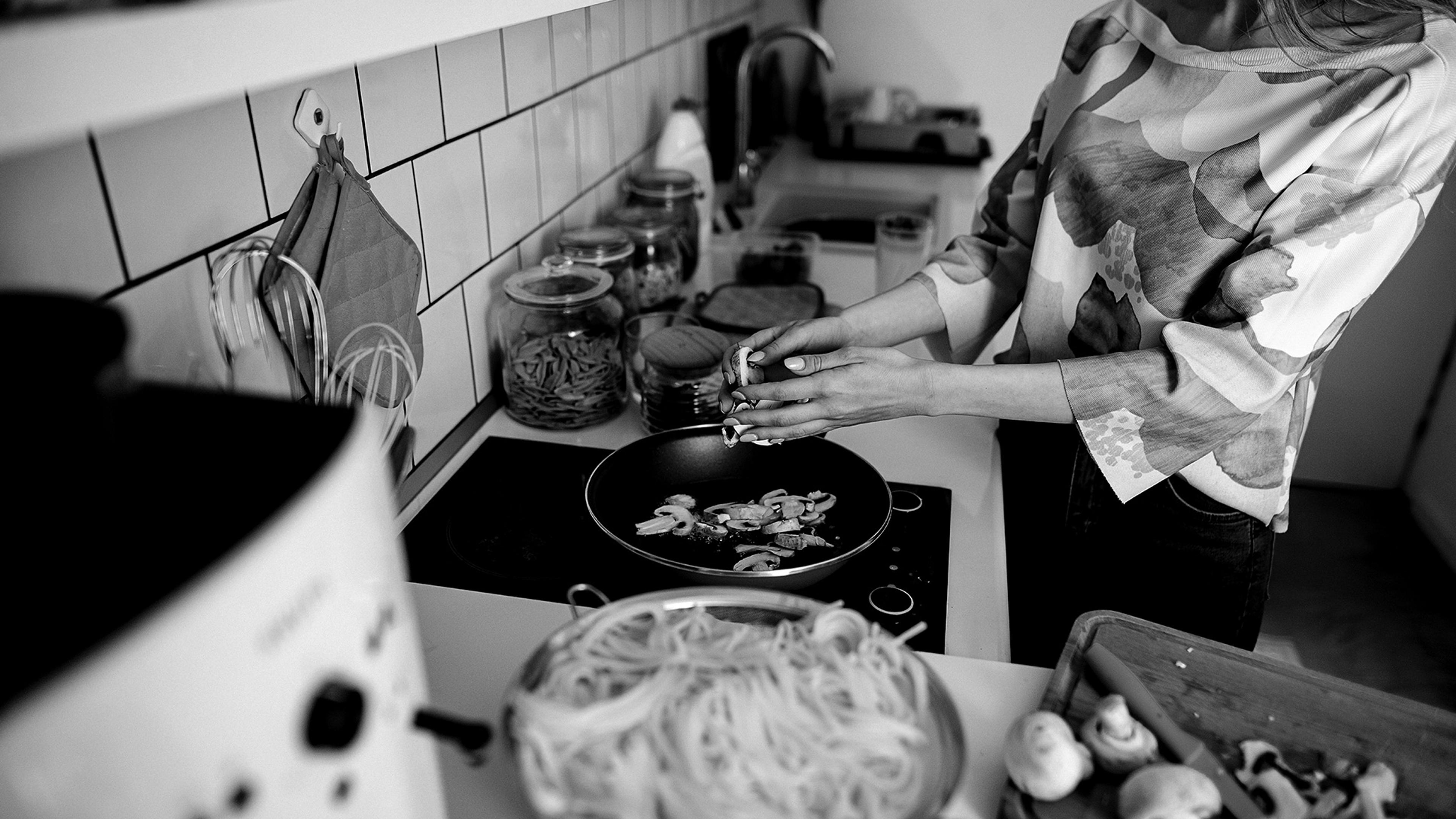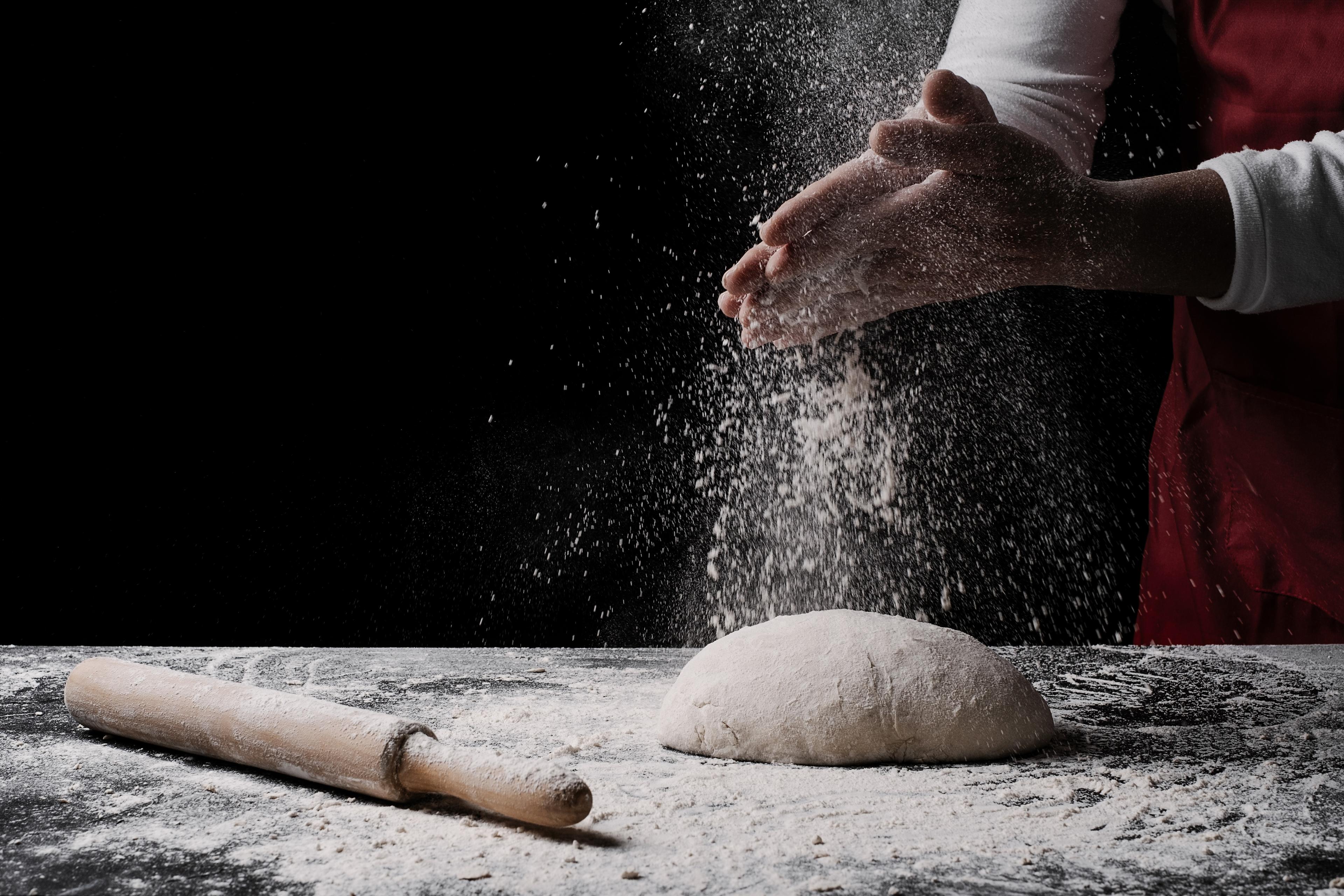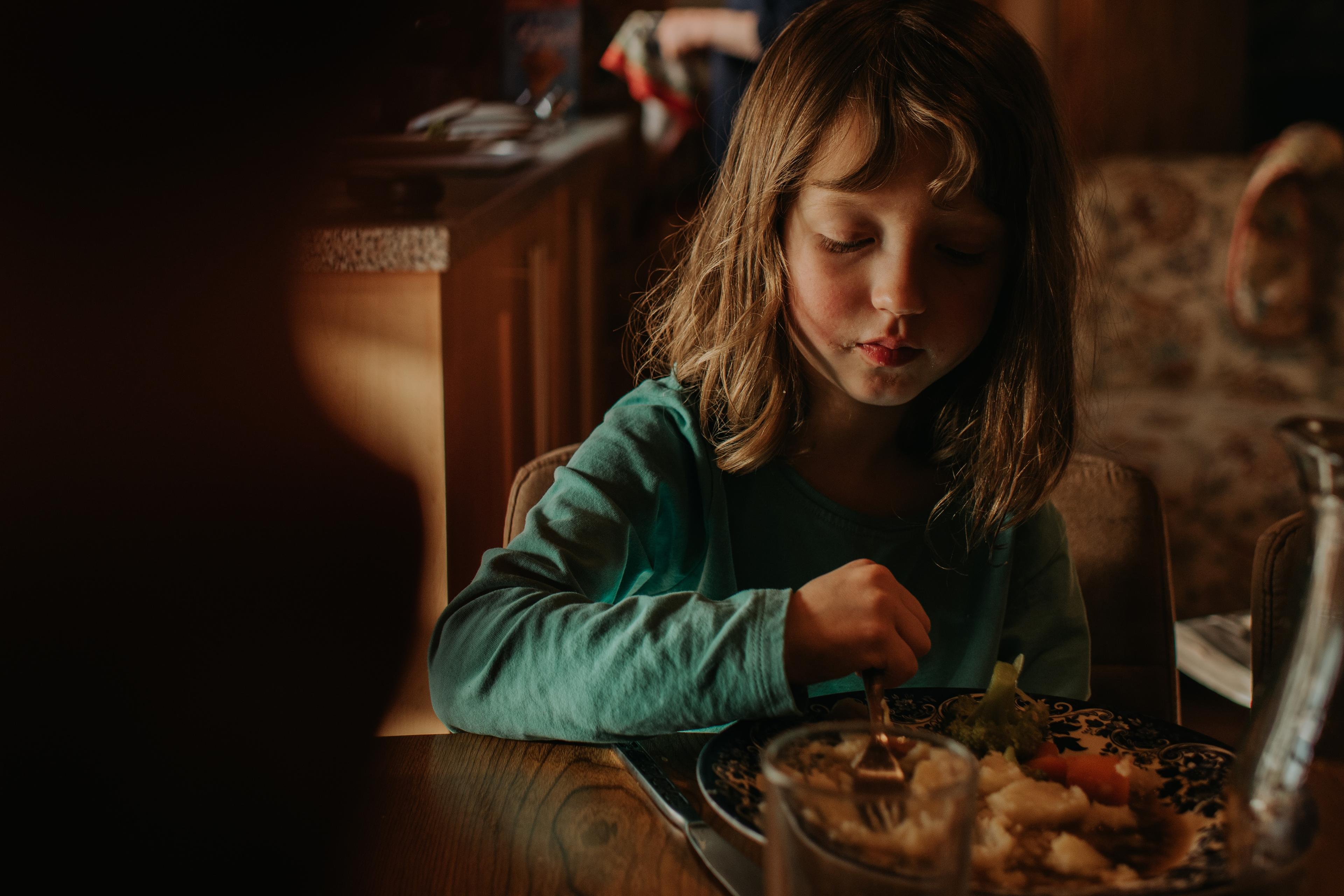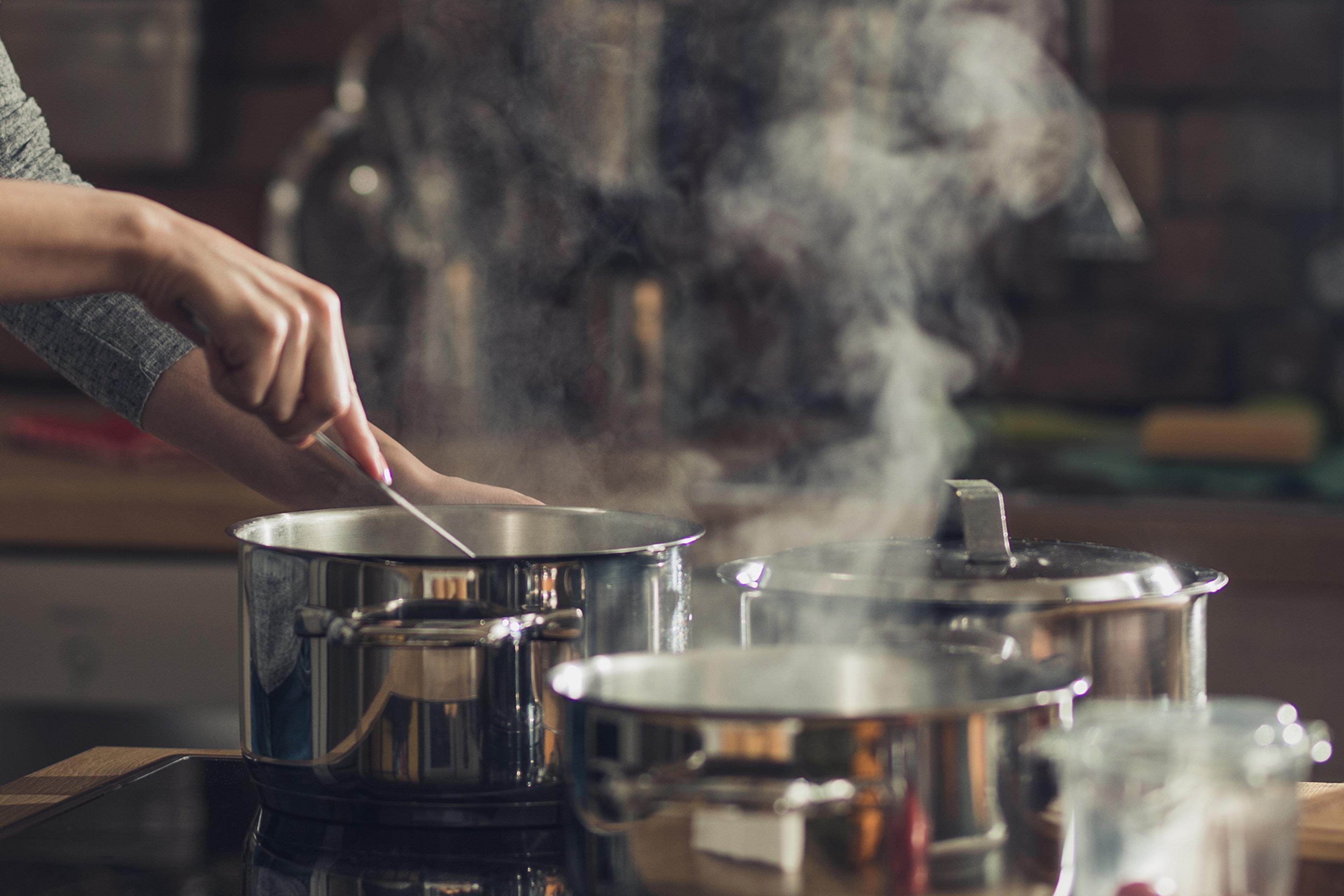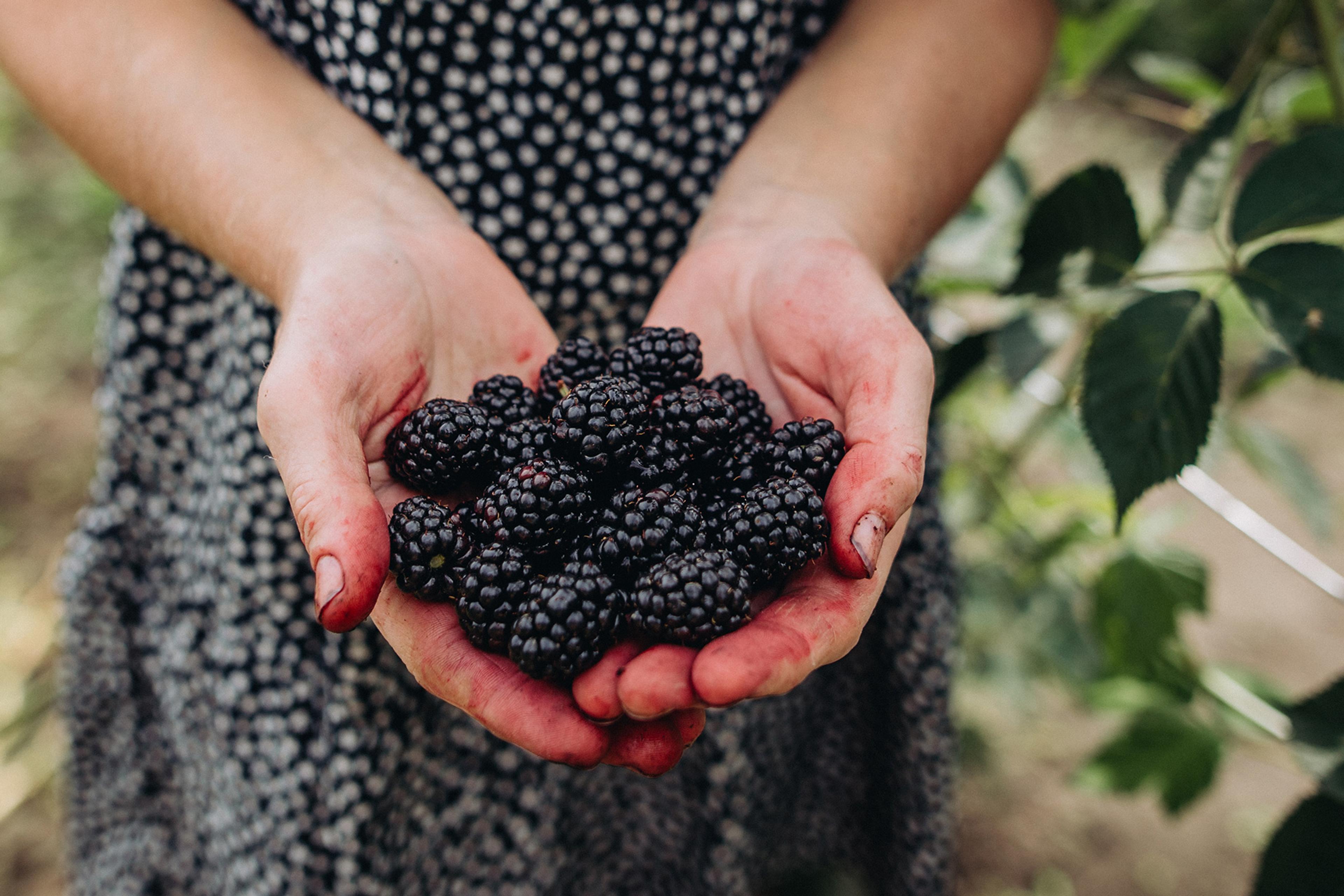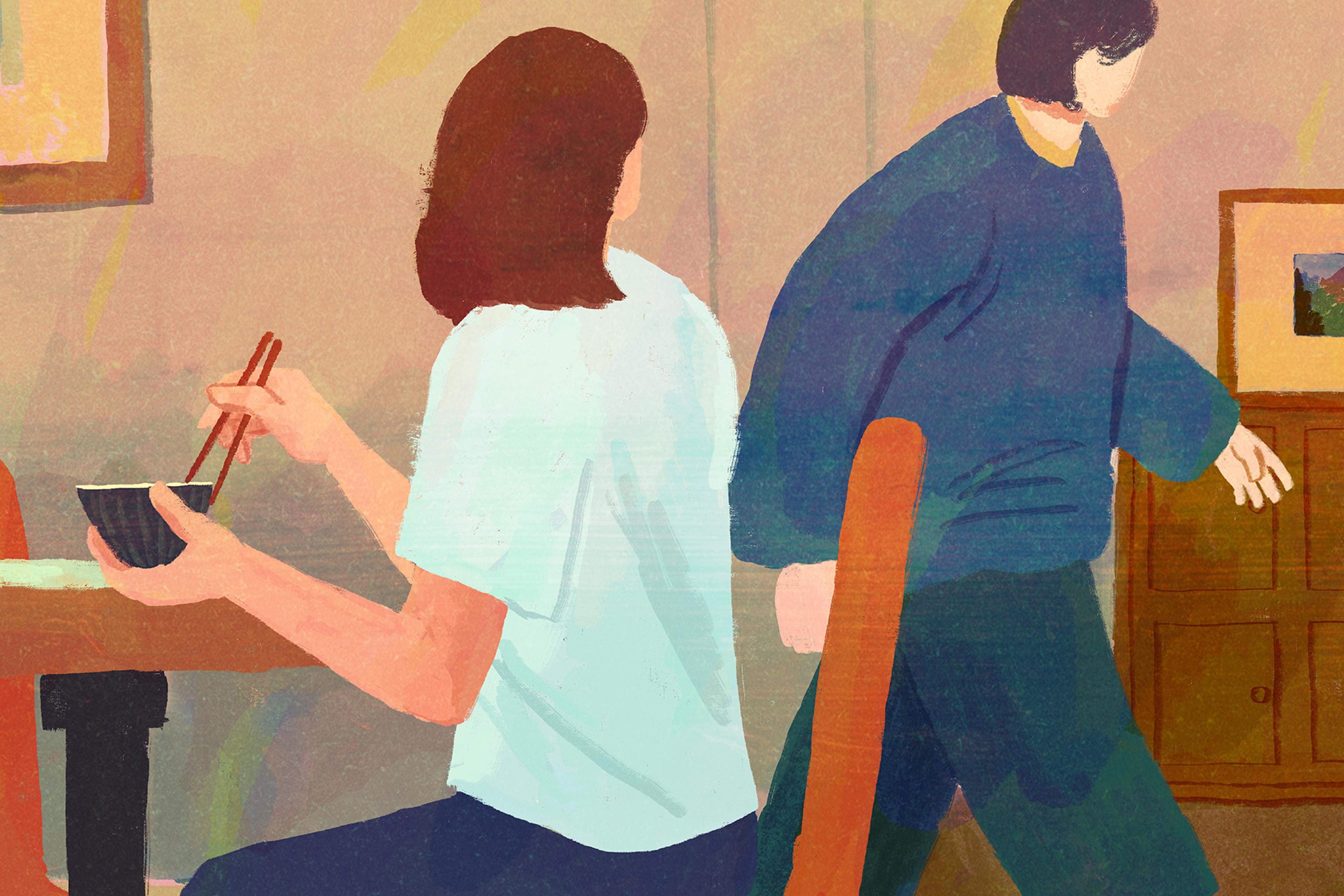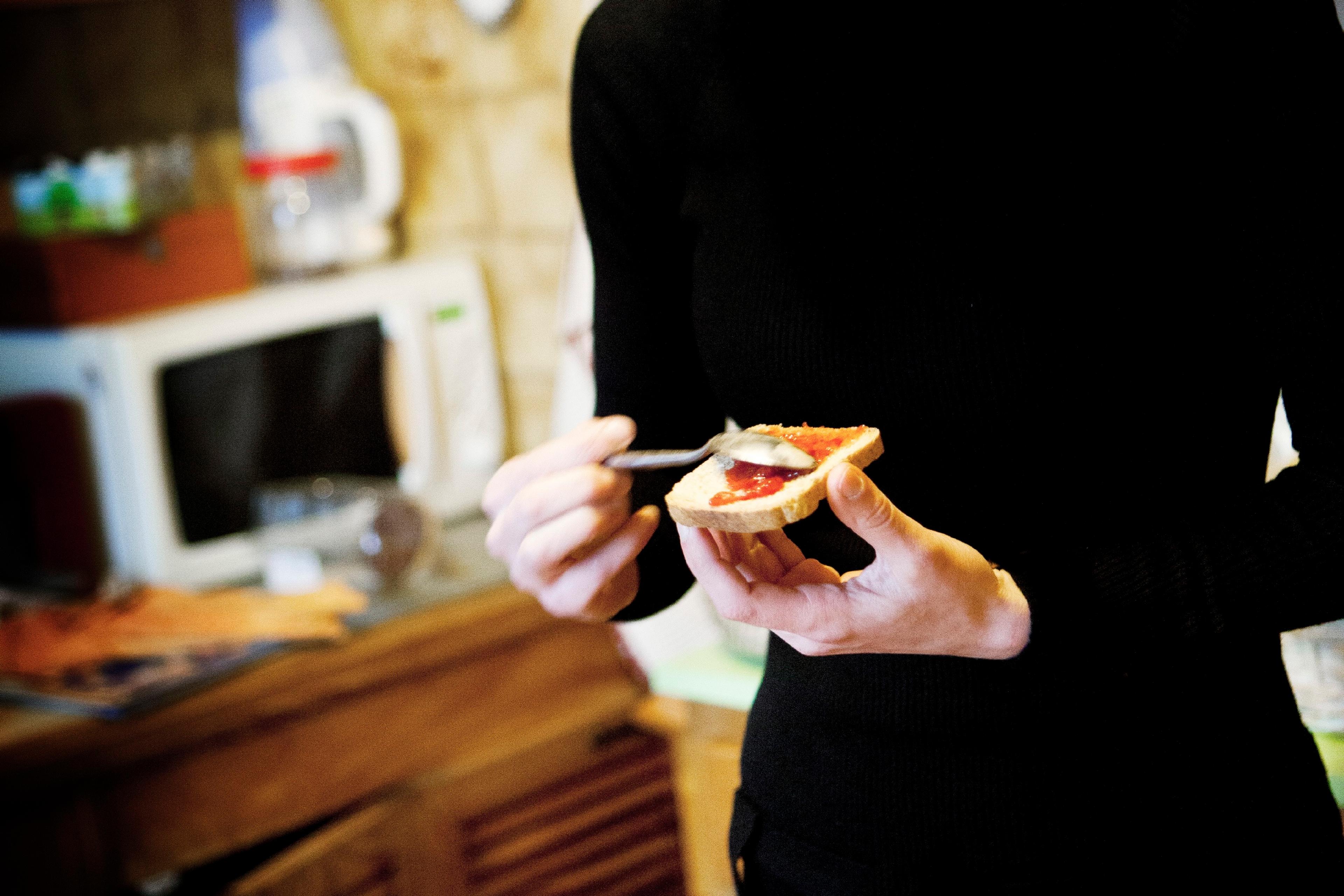During the first months of the COVID-19 pandemic, at a time when many in lockdown panicked over ‘pandemic pounds’, the restrictive eating I had engaged in for decades began to take a toll. Unlike many people with anorexia, I had never fasted nor lost a dramatic amount of weight, so I did not think of my habit of eating very little as a problem. Several years earlier, at the urging of a therapist, I had seen an eating disorder counsellor. Yet, I did not think I had a serious issue until the night I spent in bed with my head spinning, too dizzy and weak to take Carol, my dog, on a walk at her usual time. As it turns out, having two tiny falafel balls for dinner, paired with sangria, did not make for a competent ‘dog mom’. The next day, I sought counselling for disordered eating.
Although I had heard the expression ‘self-care’, only when I entered therapy for undereating did I begin to appreciate its depth and meaning. So what is self-care? And from where does this ideal come?
In the book Self-Care: Embodiment, Personal Autonomy and the Shaping of Health Consciousness (2004), Christopher Ziguras offers a useful starting point: ‘“Self-care” refers to the active process of recovering, maintaining and improving one’s health.’ Thus, in healthcare fields, self-care describes the actions we undertake to restore our health, such as brushing our teeth. The ideal of self-care also has a wider scope and encompasses practices that help us enhance our wellbeing. For example, my father finds cycling and swimming necessary for both his physical and mental health. Using Ziguras’s description, we could conceptualise these activities as his version of self-care.
The ideal of self-care goes back to the beginnings of Western philosophy in the 5th century BCE. For instance, in the Apology, Plato describes the trial of his teacher, Socrates, who was facing charges of corrupting the youth of Athens. There, Socrates defends the purpose of the conversations that led to this accusation: ‘I spend my whole life in going about and persuading you all to give your first and greatest care to the improvement of your souls, and not till you have done that to think of your bodies or your wealth.’ Socrates’ statement exemplifies the importance of self-care. Instead of prizing superficial features, such as their physical appearance or money, Athenian citizens should tend to the more essential state of their souls.
In his Letter to Menoeceus, the ancient Greek philosopher Epicurus divides desires into two main categories, the natural and the unnatural, before adding that ‘He who has a clear and certain understanding of these things will direct every preference and aversion toward securing health of body and tranquillity of mind, seeing that this is the sum and end of a happy life.’ Smoking cigarettes, for example, would fall under the scope of unnatural desires while satisfying one’s hunger would be natural. Epicurus explains that simple foods, such as bread and water, are all that we should desire if we wish to live in peace. In his pithy words: ‘what is good is easy to obtain.’
Like other ancient values, such as taking joy in simple pleasures, self-care makes a comeback in the modern West, including the United States. In the article ‘The Politics of Conspicuous Displays of Self-Care’, published in The New Yorker in 2017, the writer Jordan Kisner notes that the notion of self-care was ‘repopularized in the 1970s and ’80s by people of color and queer communities’ as a ‘gesture of defiance’. In 1988, the feminist poet and essayist Audre Lorde proclaimed: ‘Caring for myself is not self-indulgence, it is self-preservation, and that is an act of political warfare.’ Her idea is that, when members of marginalised groups care for themselves, they thereby reject the ideologies that mark them as lesser or expendable. Whereas dominant norms say that certain people are not worthy of care, the same people can choose to care for themselves. This is, in itself, a form of protest. Each session with my counsellor was an act of self-care, as were eating and cooking during my time working with her. Or, at least, in hindsight, that is how I conceptualise my journey to reclaim psychological and bodily integrity after years of denying myself food.
The ideal of self-care has critics who find it tinged with narcissism. Some commentators, including Philip Rieff and Christopher Lasch, thought that self-care and its associated self-help literature expressed a drift in values: we retreated from our roles as caregivers and citizens into our yoga regimens and juice fasts. However, I don’t think we need to interpret this shift as narcissistic. If we look at the experiences of oppressed groups, we see that self-care and caring for others can go hand in hand.
In the paper ‘Solidarity Care: How to Take Care of Each Other in Times of Struggle’ (2020), the philosopher Myisha Cherry argues that self-care goes beyond individual preoccupation with one’s health. She considers the burdens that social injustices place on members of marginalised communities, such as the physical and emotional tolls of racism on African Americans. Cherry claims that ‘solidarity care’ – caring for fellow members of an oppressed group – is necessary to face these hardships. Cherry sees solidarity- and self-care as being in accord, and not, as some have alleged, narcissistic:
Self-care is never done independently. Someone has to watch the kids as you meditate. Someone teaches the yoga class that relaxes you. Someone gifts you with the book that is changing your life. A therapist or friend listens to your story.
That is, self-care depends on the care of others, and the converse is true: taking care of others depends on self-care. So self-care is necessarily social, and involves exchange and building relationships.
In my experience, receiving counselling for restrictive eating taught me how to care for myself. I learned to embody the two ways of conceptualising self-care described by Ziguras. First, I needed to eat enough to restore my weight and nutritional health. Second, once I grew more comfortable with food, I started to take pleasure in preparing meals and to think of myself as someone who enjoyed cooking.
The practice brought me not just practical benefits but a deeper kind of care too
A few weeks into eating disorder counselling, I conceded to cook a ‘real dinner’ for myself. My therapist and I had agreed that neither eggs, leftovers from lunch nor a frozen meal would count. She had tried to convince me that creating the right atmosphere would make cooking more enjoyable, and suggested pouring myself a glass of wine and turning on some music. I didn’t think that she grasped how hard this would be for me – with or without the wine-and-music combo. For nearly two decades, I had resisted learning to cook. But either I would quit eating disorder therapy and continue along my self-destructive path or I would follow her advice and learn to cook. I laboured through my mother’s recipe for pasta Bolognese for an hour and then sat down to eat. Carol followed me out of the kitchen and begged for some pasta Bolognese. I doubted it would be good for her, but her excitement for my food was contagious. I was feeding my body, and I also intuited that this went deeper than mere physical sustenance.
Cooking has become for me akin to my father’s swimming and cycling. He thrives on the challenge of testing his endurance and the friendships he has nurtured through training with others. Like him, the practice brought me not just practical benefits but a deeper kind of care too. In her article for Psyche, ‘If You Don’t Fancy Mindfulness, Then Try Cooking Instead’ (2023), Chloe Faure describes how cooking can take on a meditative quality: for people who live sedentary lives, ‘the activity that opens up a restorative mental space is cooking’. I concur. Instead of sitting on a cushion, I made my kitchen my zendo. Faure notes that cooking may carry different associations, including negative ones for people who have struggled with disordered eating, but these connections are not immutable. At the beginning of my recovery, eating and cooking felt alienating. I hated sitting at the table long enough to eat a ‘proper meal’. I rebelled at the thought of taking an hour to prepare a hearty dinner. Counselling changed my relationship to cooking. I even began cooking for others.
My mother gave me her recipe for banana bread and, after trying it a few times, I started sharing my weekly baking with a close friend and, later, at departmental meetings. Just as Cherry shows, I transitioned from caring for myself to caring for others.
These recommendations are worth weighing for anyone recovering from disordered eating. Yet, they are especially timely. Reports of a rise in eating disorders during the COVID-19 pandemic suggest that disruptions to ordinary life drove these conditions. My experience speaks to this phenomenon. My tendency to cut corners with food led to eating less and less, until I reached a point when I needed to seek professional help. Indeed, in a 2022 retrospective of studies of disordered eating during the pandemic, published in the International Journal of Eating Disorders, Ruth Striegel Weissman and Phillipa Hay conclude:
The studies paint a worrisome, albeit somewhat mixed picture of the impact of the pandemic on eating symptomatology, as experienced by patients or individuals who self-report an eating disorder. Overall, if not always a majority then still a considerable subset of participants reported a deterioration of their eating disorder symptoms.
The pandemic, especially during the lockdown phase, deprived many of a sense of agency. Unless one was on the frontlines or worked in medical research, those who lived in privileged circumstances often turned to some mechanism to cope with the global threat. Some of us took up creative hobbies – knitting, music, and the like. And those with a predisposition for or a history of disordered eating may have turned to food as a coping mechanism.
Eating and cooking with a sense of enjoyment – rather than guilt – became my way of healing as the pandemic conditions eased. One evening, 10 pounds into my journey, as I sat down to eat a dinner of salmon teriyaki with rice and broccoli, I noticed Carol by my feet. She was pleading patiently, just as she had when I cooked pasta Bolognese for the first time. My eyes began to tear as I broke off a piece of fish and dabbed some of the sauce off it for her. She ate it and, expecting more, continued to beg. I started sobbing, sobbing so hard that I had to set my meal aside for a few minutes. In those moments, I understood I was caring for myself, at last.
